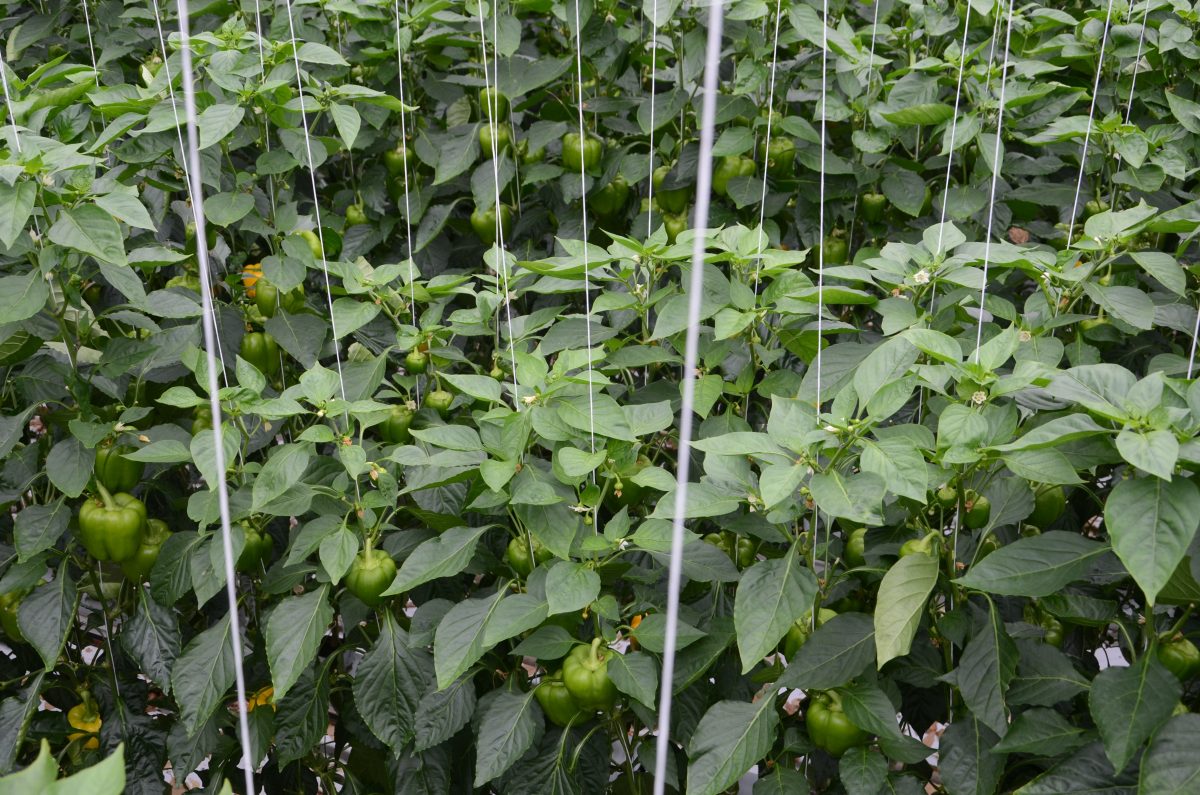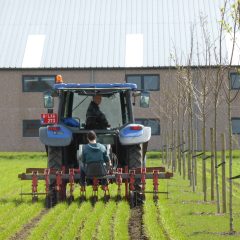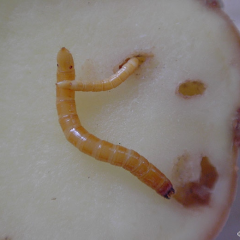Research project Detection, prevention and control of root diseases in bell pepper

General introduction
Since 2021, a new disease of bell pepper has been observed in Flanders and the Netherlands, with a relatively high impact on the sector. Preliminary research points to the newly introduced Fusarium oxysporum f.sp. radicis-capsici as the cause of the problem. However, in some cases, it is unclear whether this is the sole cause. Within this PAPRIWOZI project, the aim is to speed up rapid diagnostic tools. It also examines how to control the pathogen among growers.
Research approach
To study the contribution of Fusarium oxysporum f.sp. radicis-capsici to the root disease problem in pepper, a molecular detection tool is being developed based on unique GBS loci of this variant. This tool will allow rapid determination of whether and where in the production system this pathogen is present. A bioassay will be conducted under semi-commercial conditions to study the efficacy of control measures such as rootstocks and (bio)control products.
Relevance/Valorization
This issue is highly relevant to the pepper sector due to the significant yield loss, the unpredictable nature of the disease, and the apparent difficulty in managing it. During the papriwozi project we are also collaborating with our Dutch neighbors.
Thanks to the user committee meetings, where all stakeholders (growers, seed companies, producers of crop protection products, etc.) are represented, and the close contacts between PSKW and PCH with pepper growers, the results are immediately passed on to the sector for implementation.
Financing
Agentschap Landbouw & Zeevisserij








